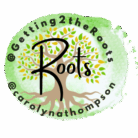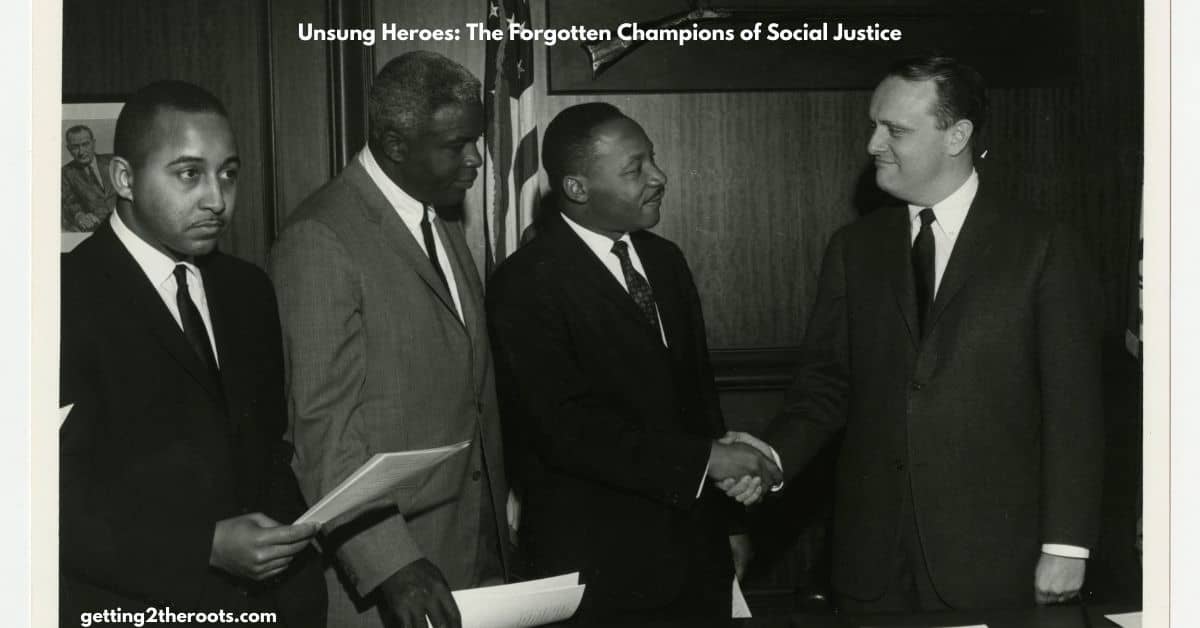The sacrifices of unsung heroes built the foundation for justice and equality. Let’s explore their remarkable stories and honor their legacies.
Unsung heroes have been the architects of change in the fight for justice and equality. These individuals, often overlooked, risked or gave their lives to advance human rights.
Their sacrifices remind us of the high cost of freedom and the importance of continuing their work.
Unsung heroes are individuals who have made extraordinary contributions to society but receive little recognition.
These champions of justice, equality, and human rights stand as reminders that progress frequently comes at a steep cost.
Civil Rights Pioneers in America
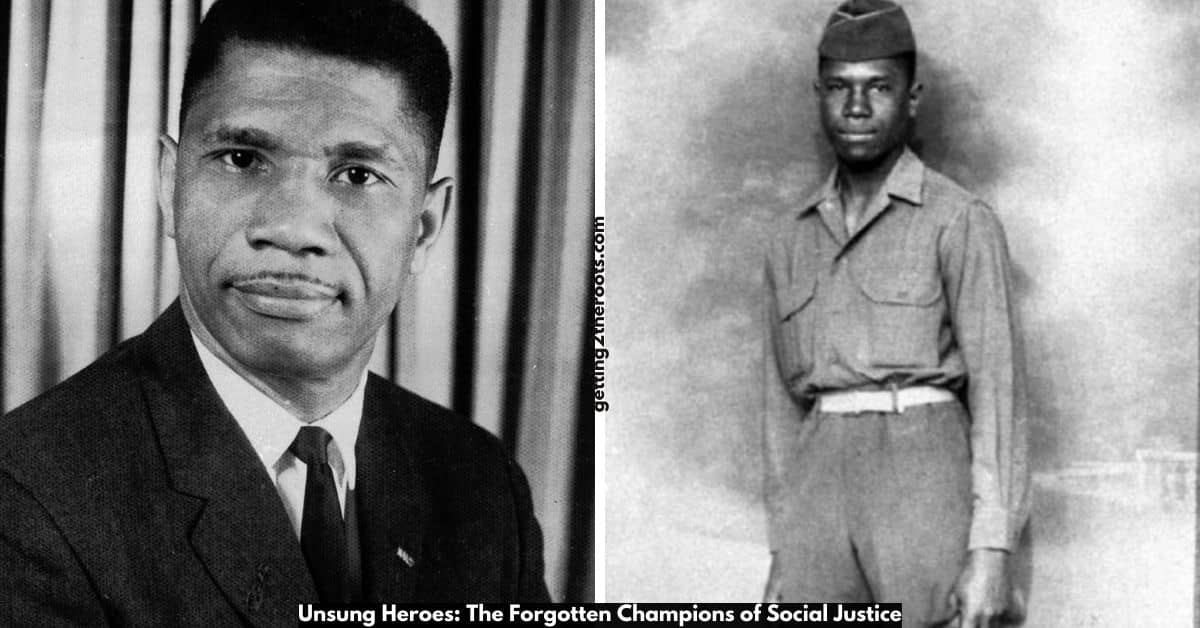
Medgar Evers
Medgar Evers, a NAACP field secretary, led efforts to desegregate the University of Mississippi and register Black voters.
Tragically, he was assassinated on June 12, 1963, in Jackson, Mississippi, by white supremacist Byron De La Beckwith. His work paved the way for civil rights advancements.
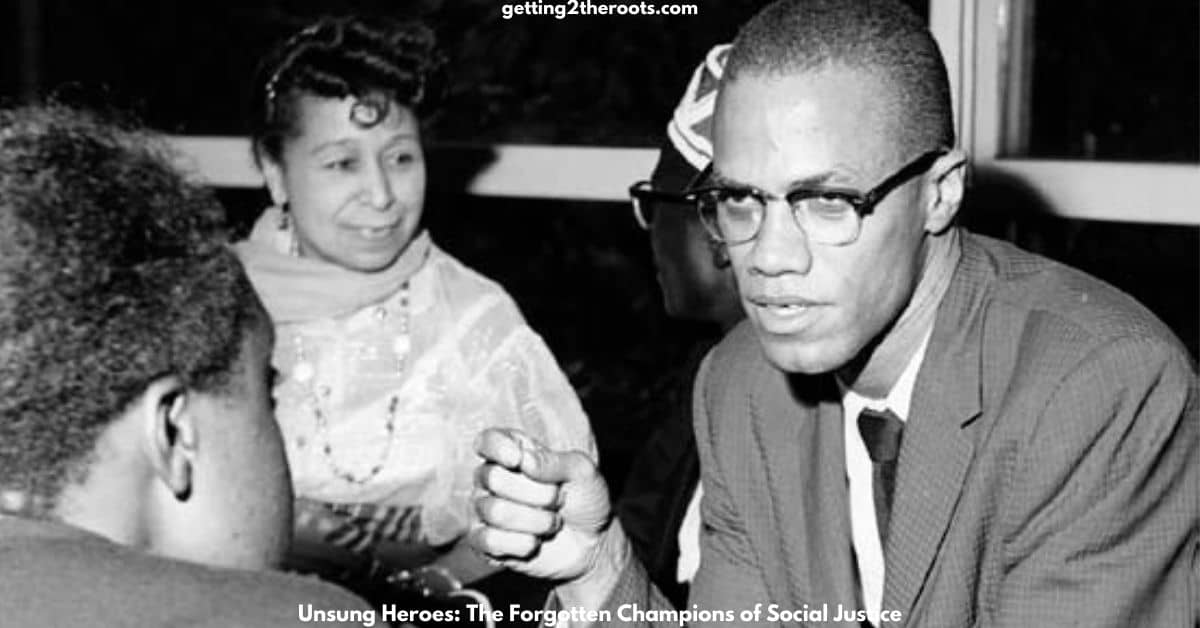
Malcolm X
On February 21, 1965, Malcolm X, a fearless human rights advocate, was addressing an audience at the Audubon Ballroom in New York City when a tragic act of violence took his life.
Dr. Martin Luther King Jr.
Dr. Martin Luther King Jr. is one of the most recognized figures in the civil rights movement, yet his assassination on April 4, 1968, underscores the immense cost of his activism.
While in Memphis supporting striking sanitation workers, he was gunned down by James Earl Ray. King’s legacy endures through his message of nonviolence and equality.
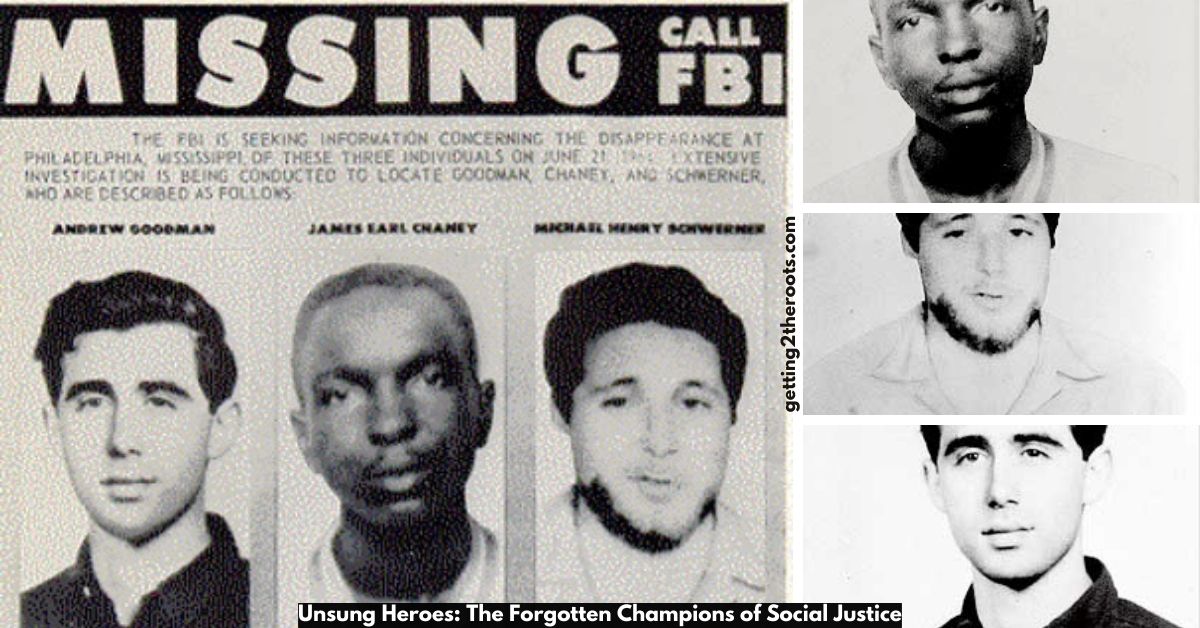
James Chaney, Andrew Goodman, and Michael Schwerner
These three activists—Chaney, a Black CORE worker, and Goodman and Schwerner, two white allies—were murdered by the Ku Klux Klan in Philadelphia, Mississippi, on June 21, 1964.
They worked to register Black voters and were killed for their efforts, exposing the violent resistance to civil rights.
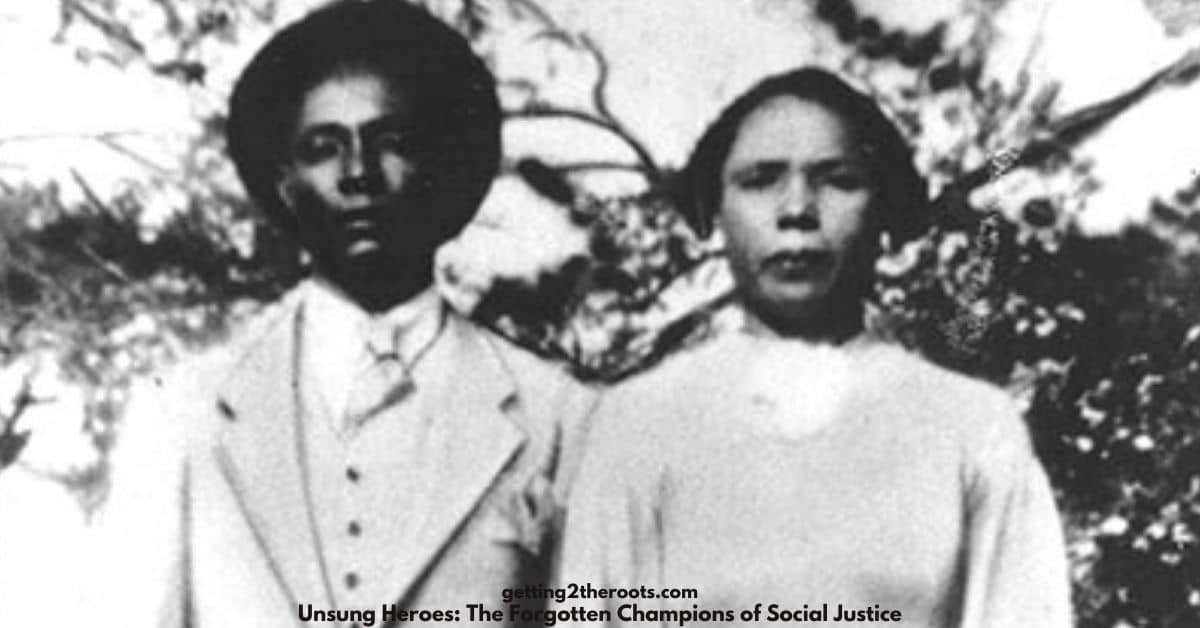
Herbert Lee
Herbert Lee worked with the Student Nonviolent Coordinating Committee (SNCC) to register Black voters in Mississippi.
On September 25, 1961, he was killed in broad daylight by legislator E.H. Hurst, who faced no consequences for the murder.
Lamar Smith
Lamar Smith, an advocate for absentee ballots for Black voters, was murdered on August 13, 1955, on a courthouse lawn in Brookhaven, Mississippi. Despite witnesses, no one was held accountable for his death.
Black Panther Party Leaders
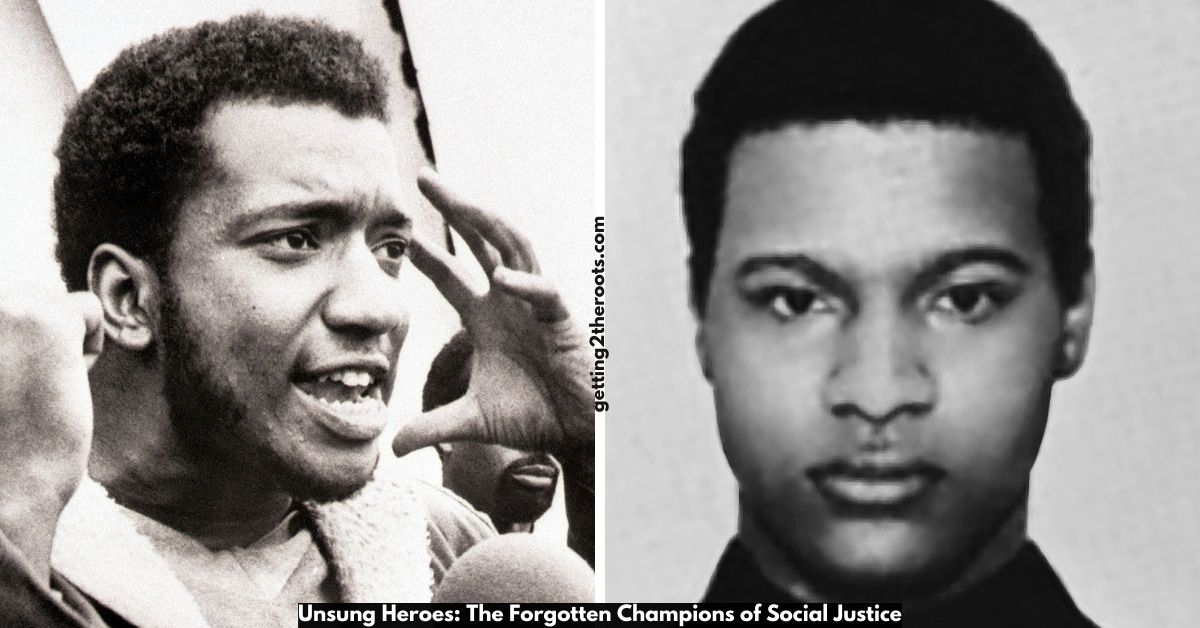
Fred Hampton
Fred Hampton, the Illinois Black Panther Party chairman, was a charismatic leader who promoted community programs and unity.
On December 4, 1969, he was assassinated in a pre-dawn police raid organized by COINTELPRO.
Mark Clark
Mark Clark, a Black Panther activist, was killed in the same police raid that took Fred Hampton’s life. Clark’s role in community survival programs made him a target of systemic oppression.
International Unsung Heroes
Amilcar Cabral
Amilcar Cabral led Guinea-Bissau’s independence movement against Portuguese colonial rule. On January 20, 1973, he was assassinated by political opponents. His leadership inspired other African liberation movements.
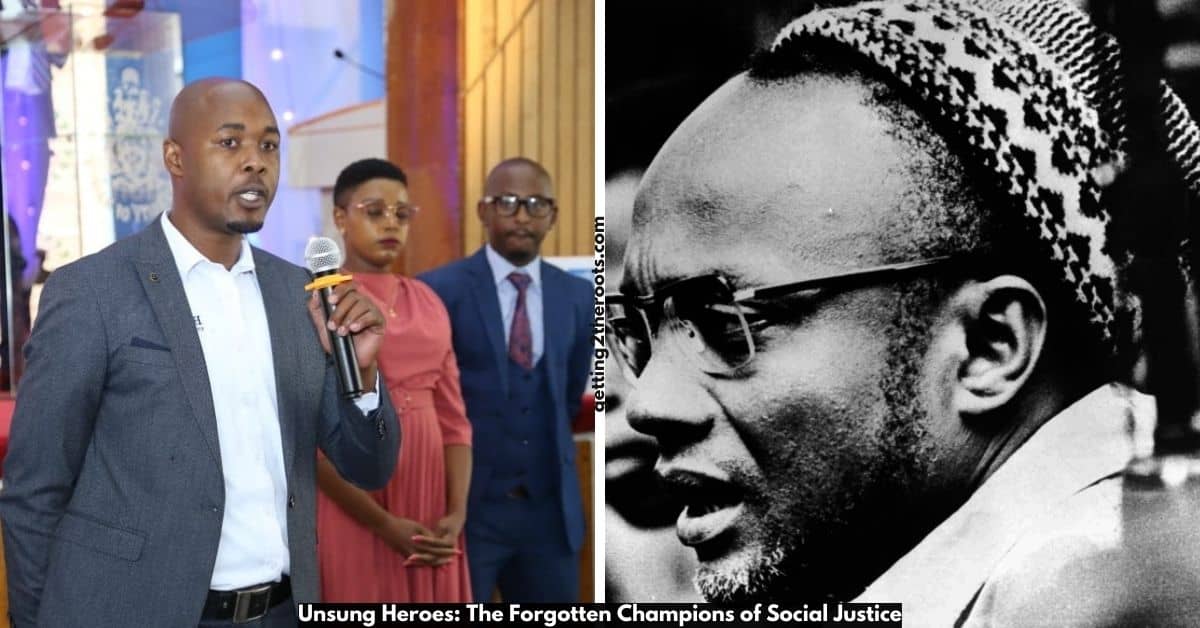
Steve Biko
Steve Biko, a South African anti-apartheid activist, founded the Black Consciousness Movement. His death on September 12, 1977, while in police custody, exposed the brutality of apartheid.
Chris Hani
Chris Hani, a South African anti-apartheid leader, was assassinated on April 10, 1993, for his efforts toward a democratic South Africa. His death shook the nation during a critical period of transition.
Patrice Lumumba
Patrice Lumumba, the first Prime Minister of the Democratic Republic of Congo, was a symbol of African independence. He was executed on January 17, 1961, by forces opposed to his leadership.
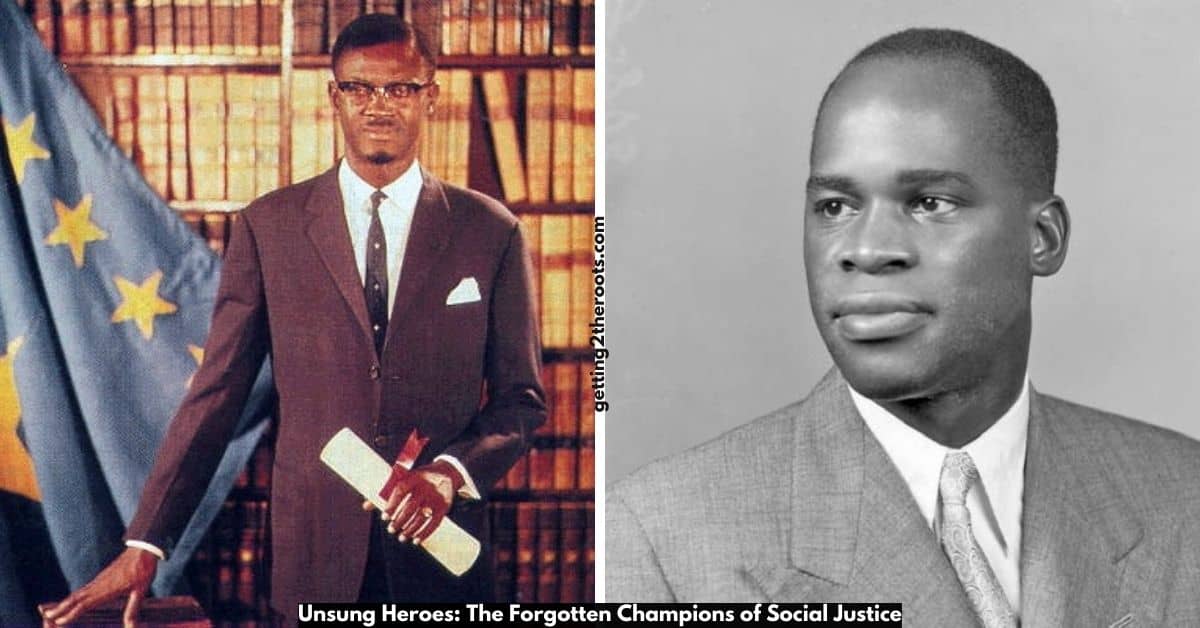
Eduardo Mondlane
Eduardo Mondlane, the founding president of Mozambique’s liberation movement, FRELIMO, was assassinated on February 3, 1969, by a bomb disguised as a gift. His vision for independence continues to inspire.
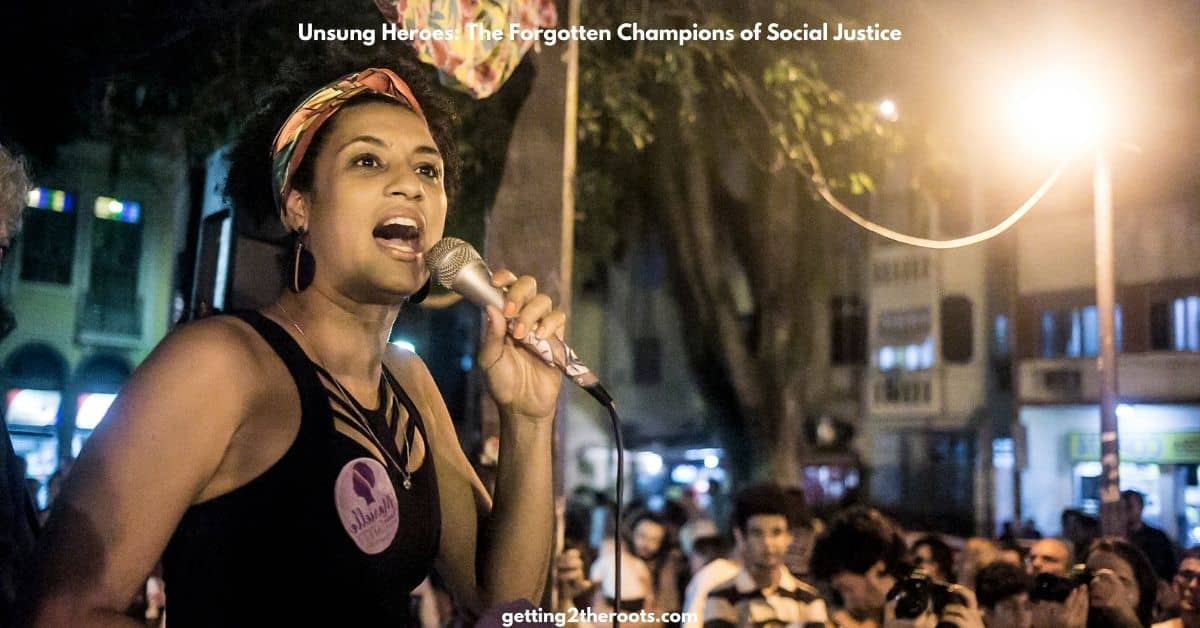
Marielle Franco
Marielle Franco, an Afro-Brazilian councilwoman and vocal critic of police violence, was tragically killed on March 14, 2018, in Rio de Janeiro.
She was ambushed while returning from an event, becoming a powerful symbol of resistance against oppression and injustice.
Walter Rodney
Walter Rodney, a Guyanese historian, was assassinated on June 13, 1980, by a bomb concealed in a communication device. Rodney’s work for Pan-African liberation remains influential.
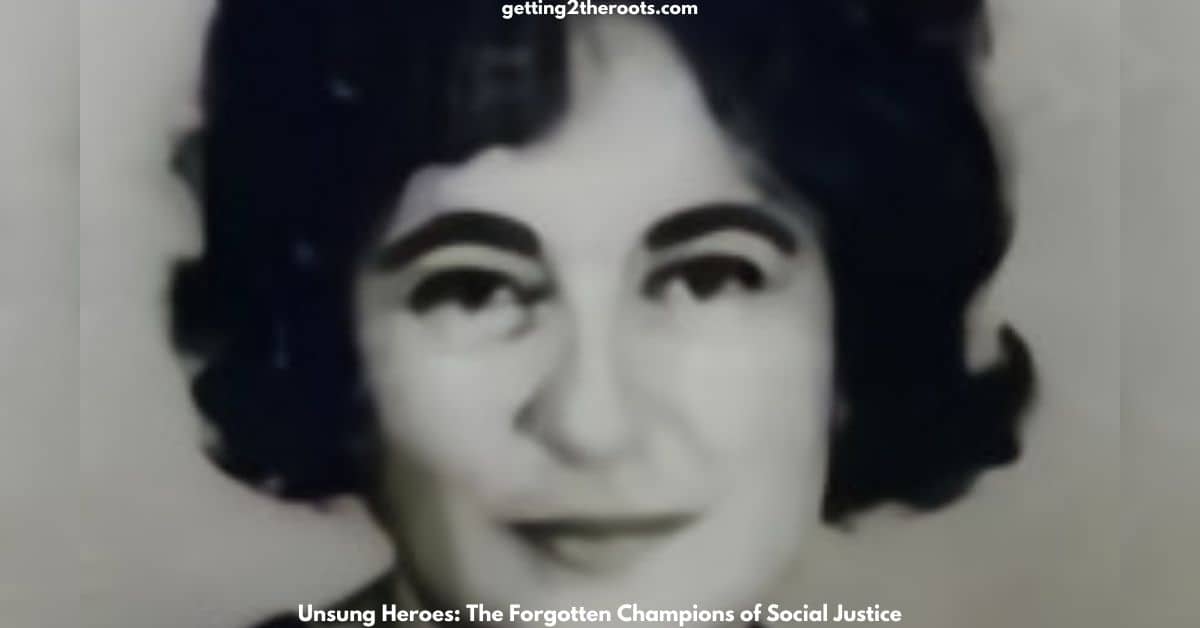
Ruth First
Ruth First’s fearless journalism and activism made her a target of the apartheid regime, yet her legacy lives on through her writings.
Felix Rolando García
Felix Rolando García, a Cuban diplomat and advocate, passed away on September 11, 1980, in New York City.
A pow-pow event carried out by anti-Castro militants ended his life. His death highlighted the risks faced by diplomats working in politically charged environments.
Religious Figures as Unsung Heroes
James Reeb
James Reeb, a Unitarian minister and devoted ally of the civil rights movement, died on March 11, 1965, in Selma, Alabama.
While supporting the Selma marches for voting rights, he was brutally attacked, succumbing to his injuries and becoming a symbol of the fight for justice.
Reverend George Lee
Reverend George Lee, an early voting rights advocate, used his pulpit and printing press to promote Black voter registration.
On May 7, 1955, he was murdered in Belzoni, Mississippi. His death marked a pivotal moment in the civil rights movement.
Archbishop Oscar Romero
Archbishop Oscar Romero of El Salvador spoke against oppression and government violence. On March 24, 1980, he was assassinated while delivering mass. His commitment to justice made him a symbol of hope.
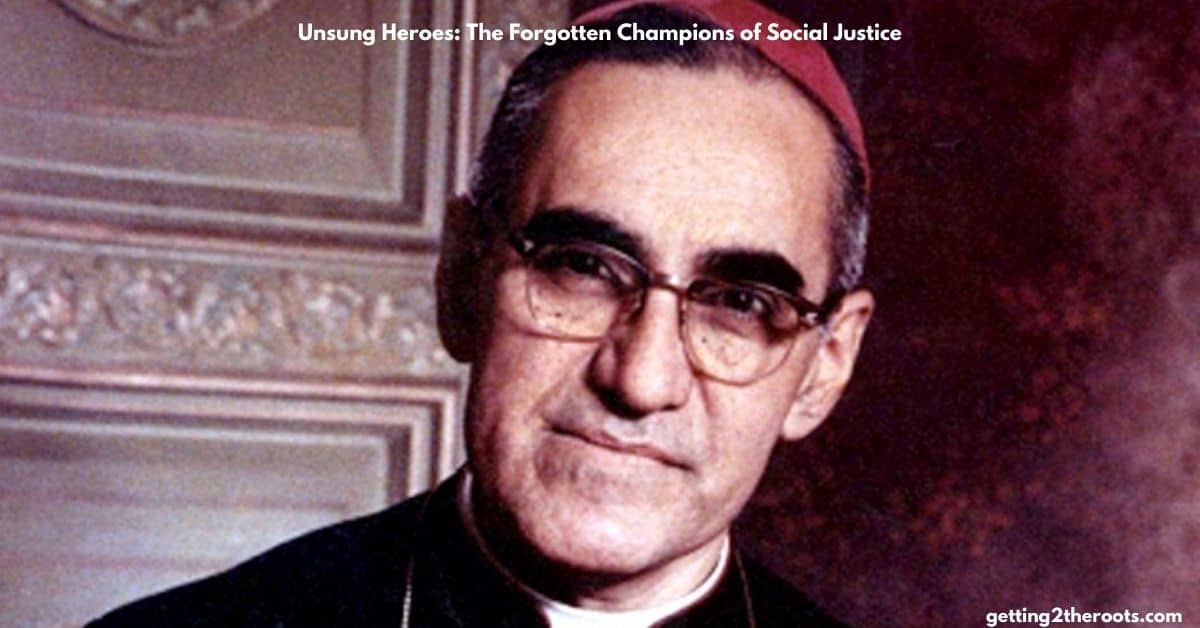
Jonathan Myrick Daniels
Jonathan Myrick Daniels, an Episcopal seminarian, died protecting a young Black girl during a confrontation in Hayneville, Alabama, on August 20, 1965. His courage exemplified true allyship.
Unsung Heroes of the Civil Rights Movement
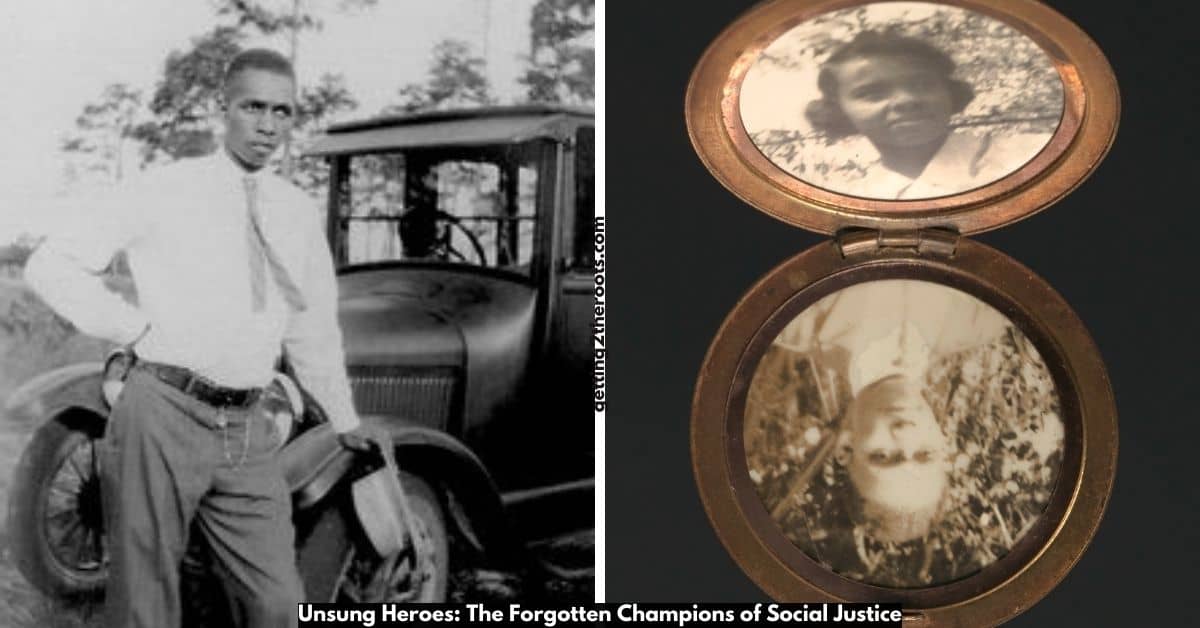
Harry and Harriette Moore
Harry and Harriette Moore were educators and civil rights advocates who worked to register Black voters.
On December 25, 1951, a bomb planted beneath their home took their lives. Their commitment to justice remains a cornerstone of civil rights history.
Viola Liuzzo’
Viola Liuzzo’s story is a powerful example of allyship. Her willingness to risk her life for equality challenges us all to act against injustice.
Maceo Snipes
Maceo Snipes, a Black World War II veteran, passed away on July 18, 1946, in Taylor County, Georgia.
Snipes became a target after being the first Black man in his county to vote in a Democratic primary, leading to a tragic event shortly thereafter.
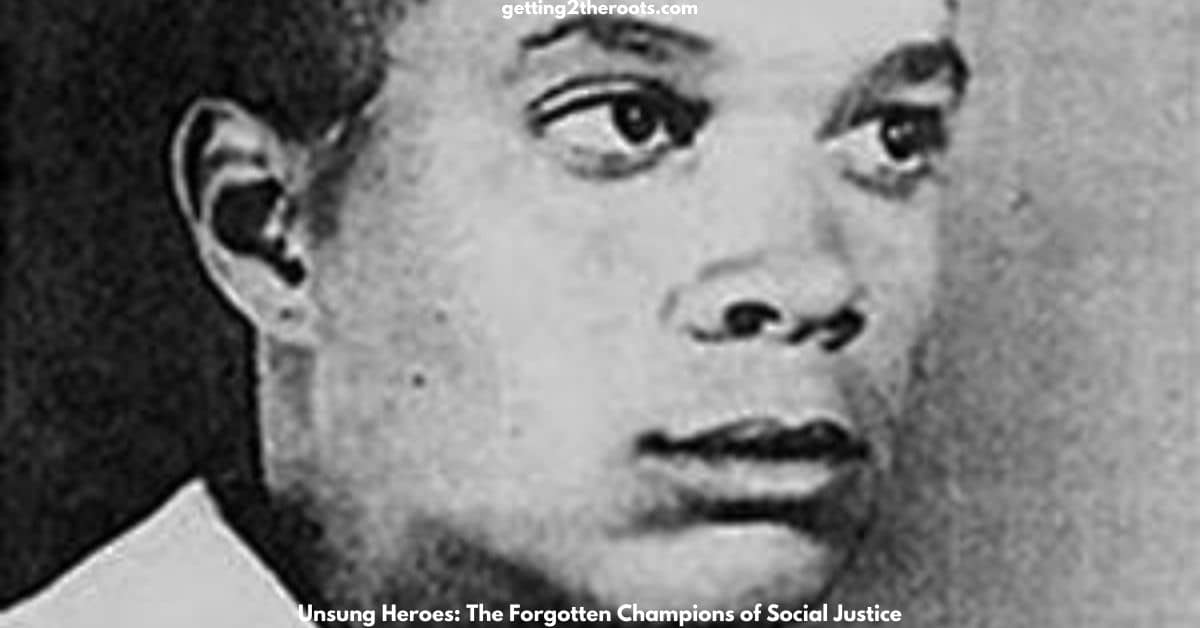
Samuel Younge Jr.
Samuel Younge Jr., a student activist and Navy veteran, was killed on January 3, 1966, in Alabama for using a “whites-only” restroom. His death galvanized the civil rights movement.
Benjamin Brown
Benjamin Brown, a former SNCC activist, was killed during a protest in Jackson, Mississippi, on May 11, 1967. His death symbolized the dangers of speaking out against racial inequality.
William Lewis Moore
William Lewis Moore, a postal worker, carried letters advocating racial equality when he was murdered on April 23, 1963, in Alabama. His actions remind us that allyship requires bravery.
Native and Indigenous Rights
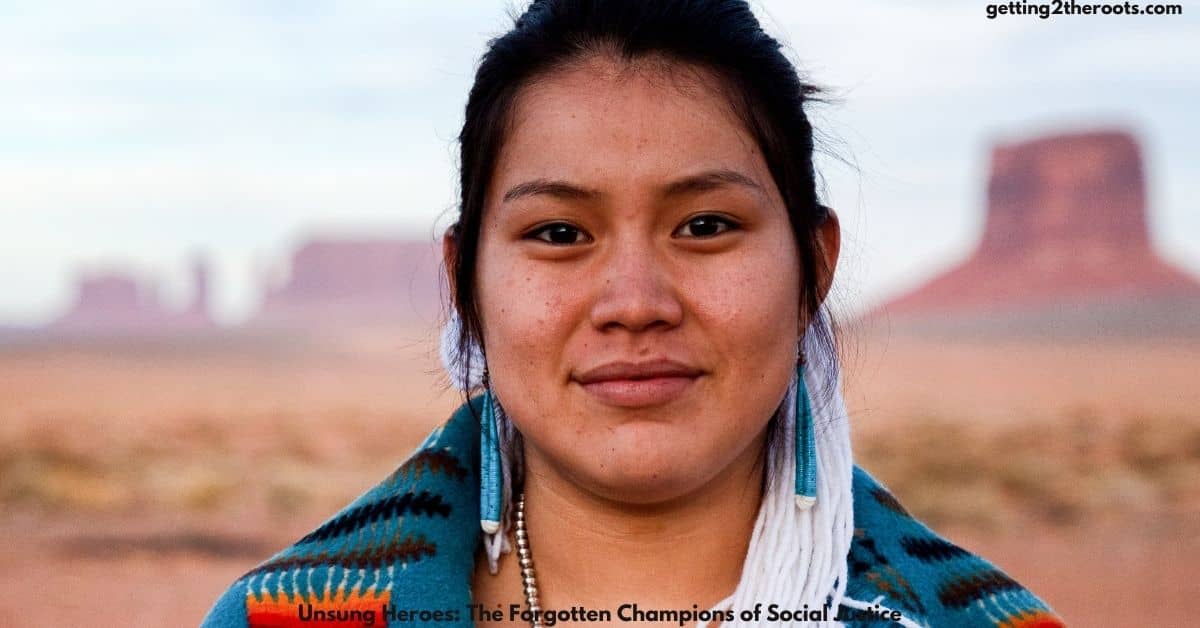
Anna Mae Aquash
Anna Mae Aquash, a member of the American Indian Movement, was killed in 1976 under controversial circumstances. Her work for Indigenous sovereignty remains a source of inspiration.

Explore More with History in Motion Playlist!
Ready to explore more? Visit the History in Motion category here: History in Motion.
Don’t forget to check out my YouTube channel for videos that bring these stories to life. Together, let’s educate, inspire, and celebrate the incredible legacy of history. Visit Black History in Motion Playlist today!
Conclusion
Unsung heroes sacrificed everything to fight for justice and equality. Their stories, though often overlooked, remind us of the cost of progress. By sharing their legacies, we honor their lives and ensure their work continues to inspire future generations.
FAQs
Who are unsung heroes?
Unsung heroes are individuals who made significant contributions to justice and equality but often remain unrecognized.
Why is it important to remember unsung heroes?
Remembering them ensures their sacrifices are not forgotten and inspires others to continue their fight for justice.
How can we honor unsung heroes?
We can honor them by sharing their stories, supporting causes they championed, and advocating for justice in their memory.
Are there modern-day unsung heroes?
Yes, activists fighting for social, racial, and climate justice today continue the legacy of unsung heroes.
What lessons can we learn from unsung heroes?
They teach us resilience, courage, and the importance of standing up for justice, even when faced with adversity.
